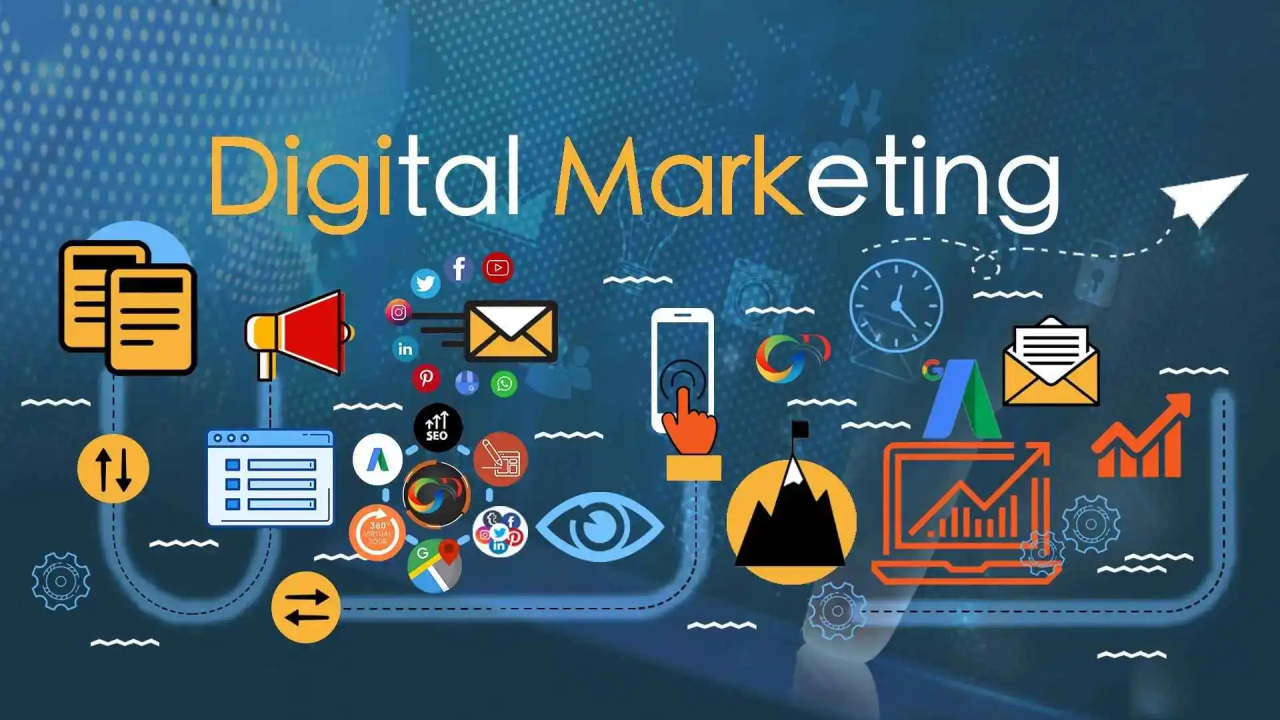Digital Marketing Insights: The Importance of Authenticity

Introduction
Ever feel like brands are just trying too hard? You’re not alone. In a digital space flooded with perfectly curated content and salesy noise, what actually cuts through the clutter is authenticity.
Let’s dive into some Digital Marketing Insights that highlight why being real is your brand’s biggest asset in today’s fast-paced online world.
What Does Authenticity Mean in Digital Marketing?
Transparency in Brand Messaging
Being authentic means being transparent—no sugarcoating, no clickbait, just clear communication that respects the intelligence of your audience.
Humanized Content That Connects
Authentic marketing sounds like a real person talking, not a robot. Use real voices, behind-the-scenes footage, and customer stories.
Staying True to Brand Values
Your brand’s values should shine through in every piece of content you create. If you stand for sustainability, show it. If you believe in inclusivity, prove it.
The Impact of Authenticity on Consumer Behavior
Building Trust and Loyalty
One of the most powerful Digital Marketing Insights is this: trust leads to loyalty. When people believe you’re honest, they’ll stick with you—even when competitors offer more.
Emotional Connections Drive Conversions
Facts tell, stories sell. Authentic content creates emotional resonance, which is more persuasive than any discount or promotion.
Reducing Churn Through Honesty
A clear, honest message attracts the right people. When expectations are aligned, customers are less likely to feel misled—and more likely to stick around.
Digital Marketing Insights on Why Brands Fail Without Authenticity
The Rise of Cancel Culture
One slip in authenticity—say, claiming to support a cause you don’t back up—can lead to major backlash in today’s ultra-aware online space.
Mismatched Messaging
When your marketing doesn’t match your actual products or services, it’s game over. Consumers are savvy and will call you out.
Short-Term Wins, Long-Term Losses
Sure, clickbait might get quick traffic. But what’s the point if no one sticks around? Authenticity builds a long game, not just a viral moment.
How to Embed Authenticity into Your Digital Marketing Strategy
Tell Real Stories
Real customer experiences, behind-the-scenes moments, and founder journeys make your brand feel human. That’s the goldmine.
Feature User-Generated Content
Another major Digital Marketing Insight? People trust other people more than they trust brands. Sharing reviews, testimonials, or photos from real users boosts credibility.
Prioritize Customer Feedback
Listen, adapt, and respond. When customers see you value their input, it builds deeper connection—and more importantly, repeat business.
The Role of Influencers in Authentic Digital Marketing
Why Micro-Influencers Perform Better
Micro-influencers often have tighter-knit communities that actually care what they recommend. Their promotions feel more like a friend’s suggestion than a paid ad.
Authentic Endorsements vs. Paid Gimmicks
Consumers can sniff out fake partnerships instantly. Only work with influencers who genuinely align with your brand values.
Using Digital Marketing Insights to Track Authentic Engagement
Metrics That Matter
Instead of focusing solely on views and clicks, look at:
-
Comments
-
Shares
-
Direct messages
These show a deeper level of engagement.
Engagement Over Impressions
10,000 views mean nothing if no one cares. But 100 comments? That’s where the real community lives.
Sentiment Analysis as a Tool
Use sentiment tools to gauge how people feel about your brand. That emotion is the true marker of authenticity.
Case Studies of Brands That Thrived with Authenticity
Dove’s Real Beauty Campaign
This was revolutionary—real women, no Photoshop. Dove built long-term trust and completely changed industry norms.
Patagonia’s Eco-Driven Messaging
Patagonia doesn’t just talk about sustainability—they practice it. From donations to activism, their actions reflect their voice.
Glossier’s Community-First Approach
Glossier built its empire by talking with its customers, not at them. Most of its product innovations come directly from community feedback.
The Future of Authenticity in Digital Marketing
AI with a Human Touch
Even as automation grows, brands must remember: personal touch matters. Smart marketers will use AI to enhance human connection, not replace it.
Ethical Branding and Transparency
Future-forward Digital Marketing Insights suggest that brands embracing transparency—about supply chains, pricing, and policies—will gain a competitive edge.
Inclusive and Relatable Content
Diversity isn’t a trend—it’s a necessity. Brands that embrace inclusivity in an authentic way will resonate more deeply with wider audiences.
Conclusion
If there’s one thing to take away from these Digital Marketing Insights, it’s that authenticity isn’t optional anymore—it’s essential. Consumers crave connection, meaning, and truth. The brands that dare to be real will not only survive the digital age—they’ll thrive in it.
Let your brand be the one that shows up, speaks honestly, and listens well. Because at the end of the day, real always wins.
FAQs
How do I measure authenticity in marketing?
Look at engagement quality—comments, DMs, mentions—and use sentiment analysis tools to see how your audience feels about your brand.
Can small businesses be authentic without a large budget?
Absolutely. Authenticity doesn’t require big money. It requires real stories, consistent communication, and care.
Is user-generated content better than influencer marketing?
Both have their place, but user-generated content often feels more genuine because it comes from real customers with no agenda.
What are the signs of inauthentic marketing?
Too much sales talk, exaggerated claims, generic stock photos, and zero transparency—if it feels fake, it probably is.
Why do digital marketing insights emphasize emotional storytelling?
Because emotion builds connection, and connection builds loyalty. People remember how you made them feel more than what you sold them.

Leave a Comment